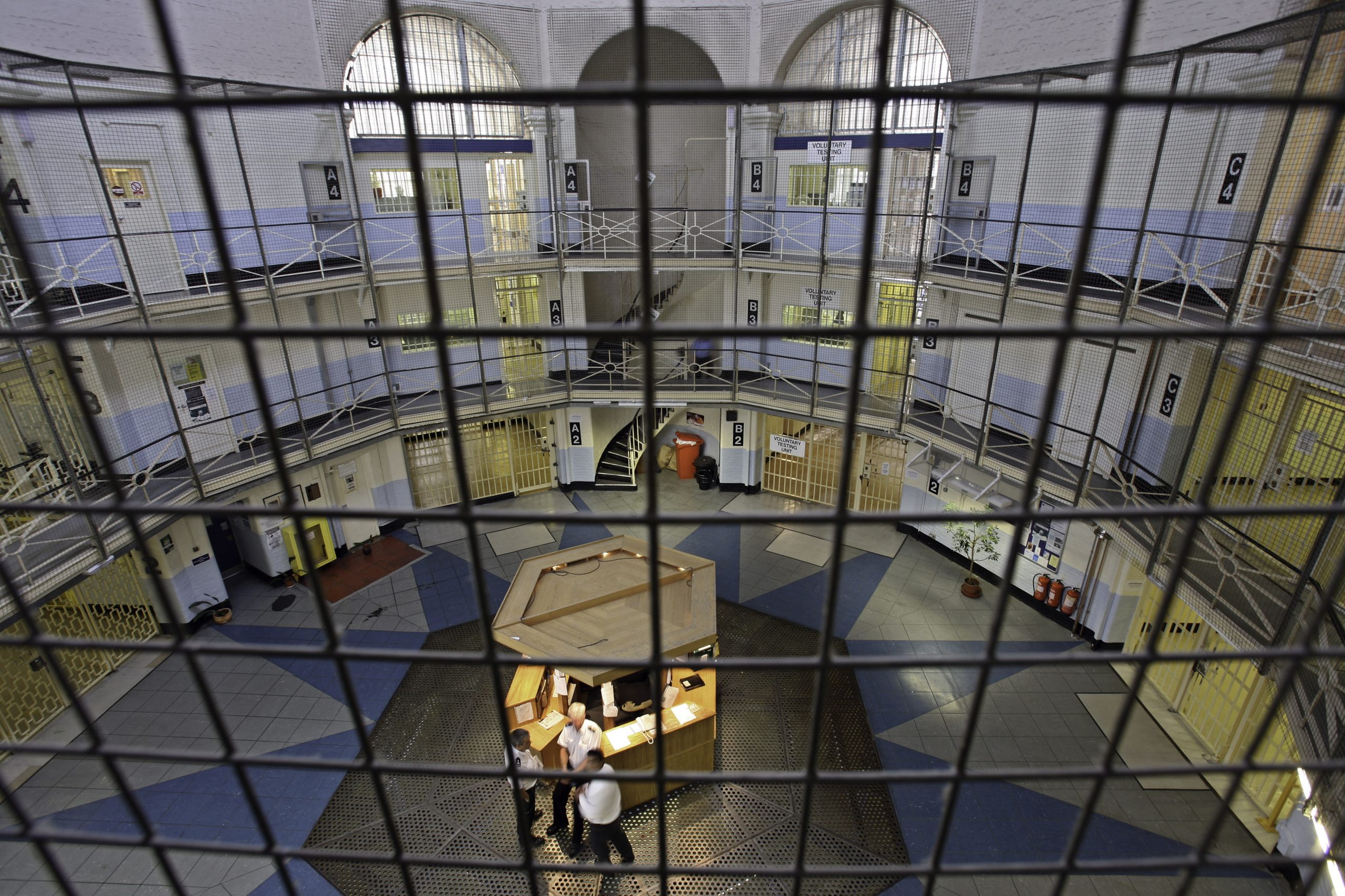Access to justice for prisoners is a necessity, not a luxury

HMP Wandsworth: Pic by Andy Aitchison
As many of us settle into the new working year, shaking off the excesses of the Christmas holidays, many of the 85,000 prisoners in England and Wales are heaving a sigh of relief that their Christmas is over.
The crisis in our prisons has reached astonishing proportions in recent months. But all the petty injustices, mingled with grave and serious incidents (such as a prisoner taking their own life every three days) are magnified at Christmas time when staffing levels are even lower than usual and prisoners miss friends and family more than ever.
Some of the stories I heard from prisoners in the run-up to Christmas and through the holiday period were particularly distressing this year.
One young adult was denied the chance to visit his sick mother before her ventilator was switched off. He had been promised a visit but was told it didn’t happen due to staff shortages.
On the last working day before the Christmas holidays, the mother of a teenager called the Howard league to complain that her son’s home detention curfew application had not yet been processed. The boy had been eligible to come out on electronic tag in November. He was going home to his mother and all professionals were supporting release. He had made excellent progress in prison. But the paperwork had not been done.
In that case, I was able to make a difference because a sensible governor took my call on the Friday before Christmas, looked at the paperwork and authorised his release. In the governor’s words, it was a ‘no-brainer’.
In the week before Christmas the Howard League heard of a complete lockdown lasting over several days in one young offenders’ institution because of a tummy bug, possibly from poorly cooked food, meaning that young people could not get their pre-Christmas visits and were in enforced solitary confinement.
Another young adult prisoner told me he was admonished and downgraded to basic between Christmas and new year. In an effort to show sympathy to his fellow inmates, he had criticised prison staff within earshot: they were refusing to administer medication to drug addicts because the prison, a local remand centre, was on lockdown following the suicide of another inmate in the prison.
In an ideal world there would be no need for lawyers and the day there is no more cause for me to practise in prison law will be a happy one. Nor do I believe that every problem requires a legal solution. But there is something incredibly important about being able to call on the law, however downtrodden you might be, to achieve fairness.
The stinging sense of injustice experienced by many prisoners in the system today underlies the unrest that is churning through our prisons. Access to the full force of the law as an equalising force (and it will, trust me, never be more than that) is not a luxury but a necessity in the uniquely coercive environment of a prison. Legal aid for prisoners is a modest but simple way to achieve that.
I do not believe it a coincidence the withdrawal of almost all legal aid in 2013 by Chris Grayling marked a devastating turn towards chaos and crisis in our prison system.
That is why the Howard League, along with the Prisoners’ Advice Service, have put their own front line work at risk to challenge the cuts to legal aid in 2013. If successful, the case will enable sufficient flexibility within the legal aid scheme to ensure that prisoners with the most pressing legal needs can access basic legal advice and assistance. It will also allow the charities to support prisoners to tackle the smaller injustices that will never meet the high test for legal aid but have such a profound impact on a prisoner’s sense of humanity.
The case is due to be heard in late January or early February 2017. You can support the charities here.







